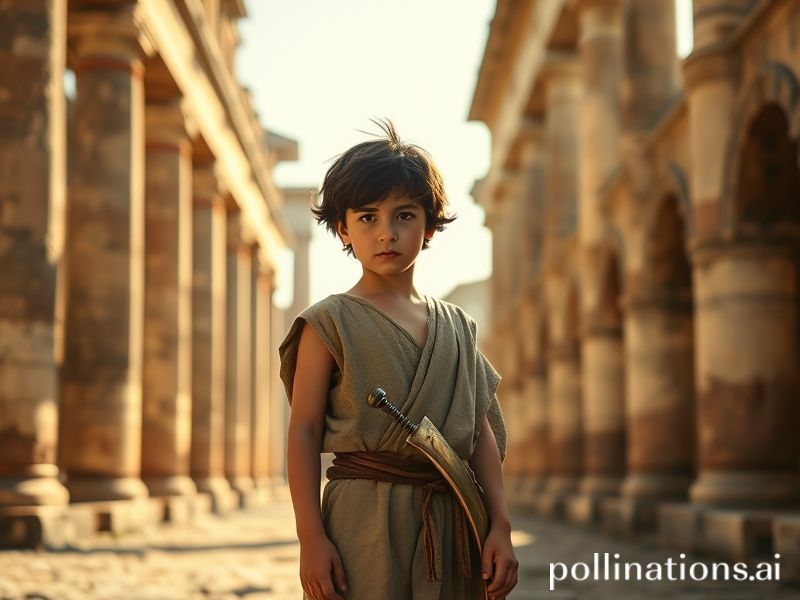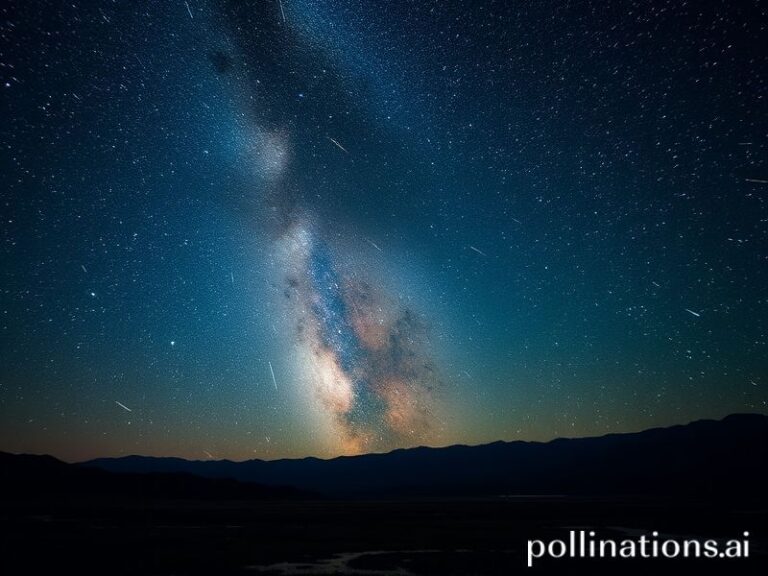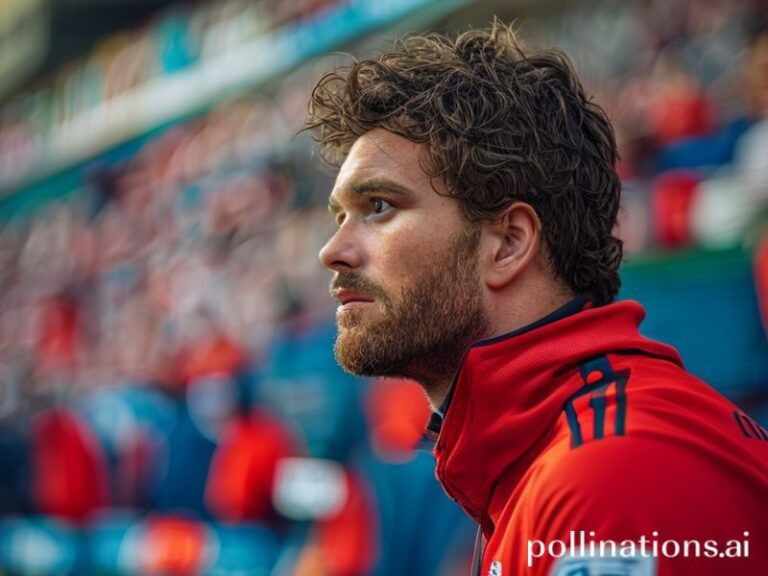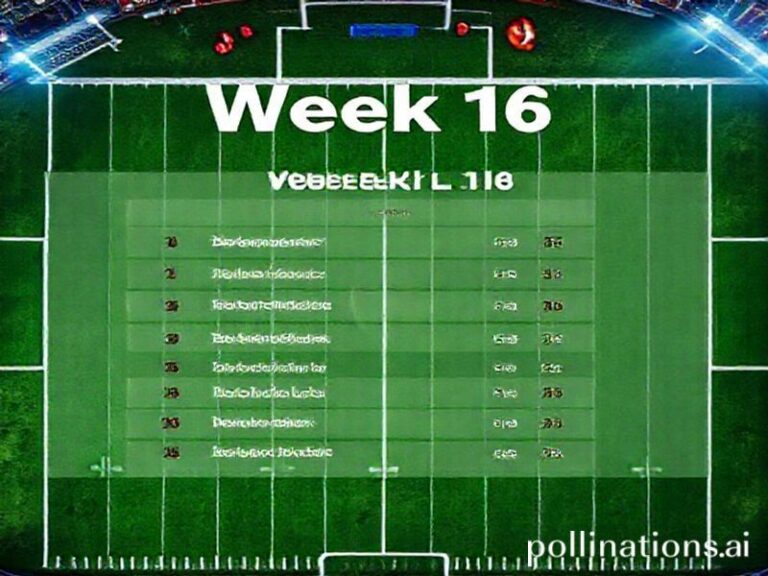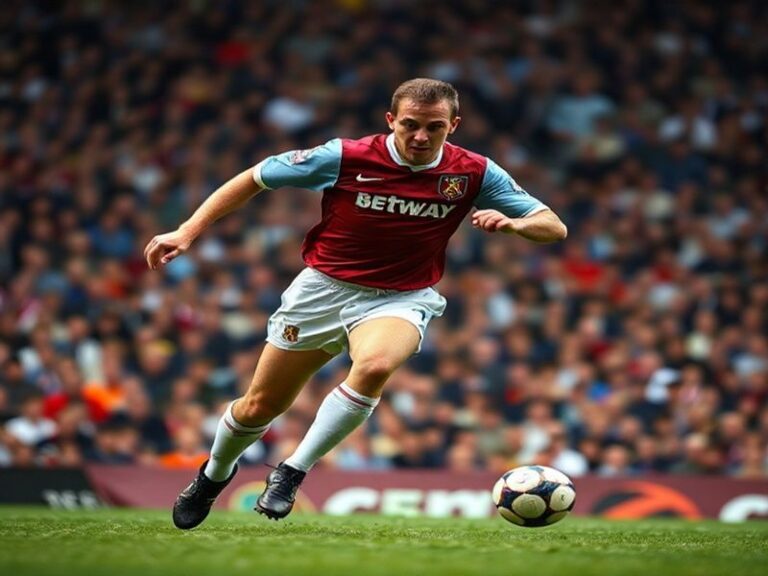Roman Anthony: The Teenage Slugger Making the Planet Remember Baseball Exists
Roman Anthony: The 17-Year-Old Who Just Reminded the Planet That Baseball Still Exists
By Matteo “Lefty” Moreau, International Baseball Cynic-at-Large
ZÜRICH—In the pantheon of global crises—climate tipping points, sovereign-debt Jenga, and the inexplicable persistence of pumpkin-spice diplomacy—one would be forgiven for forgetting that somewhere, under stadium lights older than most TikTok stars, a teenager named Roman Anthony is swinging a stick of maple with enough violence to resurrect the corpse of the World Pastime. Yet here we are, August 2024, and the Boston Red Sox have promoted a kid born during the waning days of the Bush sequel to their Double-A affiliate in Portland, Maine. The international implications? Let us count the ways, preferably while nursing a lukewarm espresso and the knowledge that the universe is expanding faster than Anthony’s OPS.
First, a brief geography lesson for readers who believe “Portland” is exclusively a hipster theme park in Oregon: Portland, Maine, sits roughly 5,000 km from Caracas, where MLB academies have spent two decades vacuuming up Venezuelan talent like a Dyson on diplomatic immunity. Anthony’s rapid ascent—.333/.460/.672 slash line across High-A and Double-A—sends a diplomatic cable to every buscon from Santo Domingo to Seoul: the United States is still capable of producing its own phenoms without needing to annex the Caribbean. Take that, globalization; Uncle Sam just downloaded a 6´4˝ update from the cloud.
Meanwhile, scouts in Japan’s NPB—where the average fastball now arrives faster than a Shinkansen—have begun live-translating Anthony’s Statcast data into kanji. The Hiroshima Carp’s front office, still scarred from the Seiya Suzuki exodus, reportedly asked their analytics intern whether Anthony could be posted, translated, and gift-wrapped before his 21st birthday. The intern, working on three hours of sleep and two cans of Boss Coffee, replied that the Red Sox might prefer cash considerations, a polite Japanese bow, and perhaps a haiku acknowledging Fenway’s Green Monster as a benevolent deity.
Across the Atlantic, European baseball executives—yes, both of them—watched Anthony’s tape with the same expression Romans once reserved for barbarian envoys. The Dutch Hoofdklasse, Europe’s self-appointed MLB finishing school, briefly considered offering Anthony a summer “cultural exchange,” then remembered he’d already leapfrogged them like a tourist skipping the queue at Schiphol. The Italians simply shrugged; after all, they still claim Mike Piazza’s ancestral village, so technically they’re ahead on points.
The broader significance, however, lies not in box scores but in optics. At a moment when the International Olympic Committee can’t decide whether baseball is a sport or a lifestyle brand, Anthony’s face—equal parts choirboy and executioner—has appeared on BBC World’s ticker between segments on Ukrainian grain routes and the latest crypto-fraud. Somewhere in Lausanne, an IOC delegate watching the crawl muttered, “Wait, we cut this kid’s sport for breakdancing?” before returning to his expense-account fondue.
Financial markets, ever eager to price in existential hope, responded with a 3% bump in Red Sox parent company Fenway Sports Group on the Euronext Dublin—a city that hasn’t seen a meaningful baseball game since Babe Ruth was sober. Analysts cite “long-term brand narrative” and “Gen-Z engagement,” which is finance-speak for “Please God, let this kid sell merch faster than the last guy we overpaid for.”
Back in the Americas, the ripple effects grow darker, in the way only baseball can be dark. In Cuba, where defectors still paddle to Florida on inflatable pool toys, state television cut Anthony’s highlight reel to six seconds—just long enough to remind viewers that capitalism produces giants, but not long enough to inspire another raft. In Mexico, the Diablos Rojos briefly considered renaming their stadium “Estadio Roman” as a troll move, then realized the kid hasn’t actually faced a breaking ball above Double-A yet. Patience, amigos; hype moves faster than truth, but karma throws 95 with cut.
Which brings us to the obligatory cautionary note. History’s scrapheap is littered with can’t-miss kids who missed: the Australian infielder who discovered kombucha instead of curveballs, the Korean slugger who K-pop danced his way out of the league, the Dominican flamethrower who signed with a cryptocurrency cult. Anthony, for now, remains blissfully immune; he still drives his host family’s 2012 Corolla to games and claims his biggest purchase was a PlayStation 5—purchased, of course, with the modest signing bonus that wouldn’t cover a week of interest on a Bundesliga benchwarmer’s Bugatti.
So what does it all mean, dear reader, as the world teeters between AI singularity and climate sing-along? Simply this: in the grand casino of human endeavor, we’ve decided to place one more chip on a lanky teenager whose biggest worry is whether Portland’s lobster rolls violate team nutrition policy. It’s absurd, it’s quintessentially American, and—if the scouts, markets, and geopolitical voyeurs are right—it just might work. Until it doesn’t, and we all pivot to the next prodigy, the next story, the next distraction from the slow-motion apocalypse playing in the background.
But tonight, somewhere in Maine, Roman Anthony digs into the right-handed batter’s box, the fog rolling in like a Brexit metaphor. The radar gun flashes 96. The planet exhales. And for three hours, give or take extra innings, the world agrees on one thing: this is why we still bother. Play ball, Earth. Try not to strike out.

